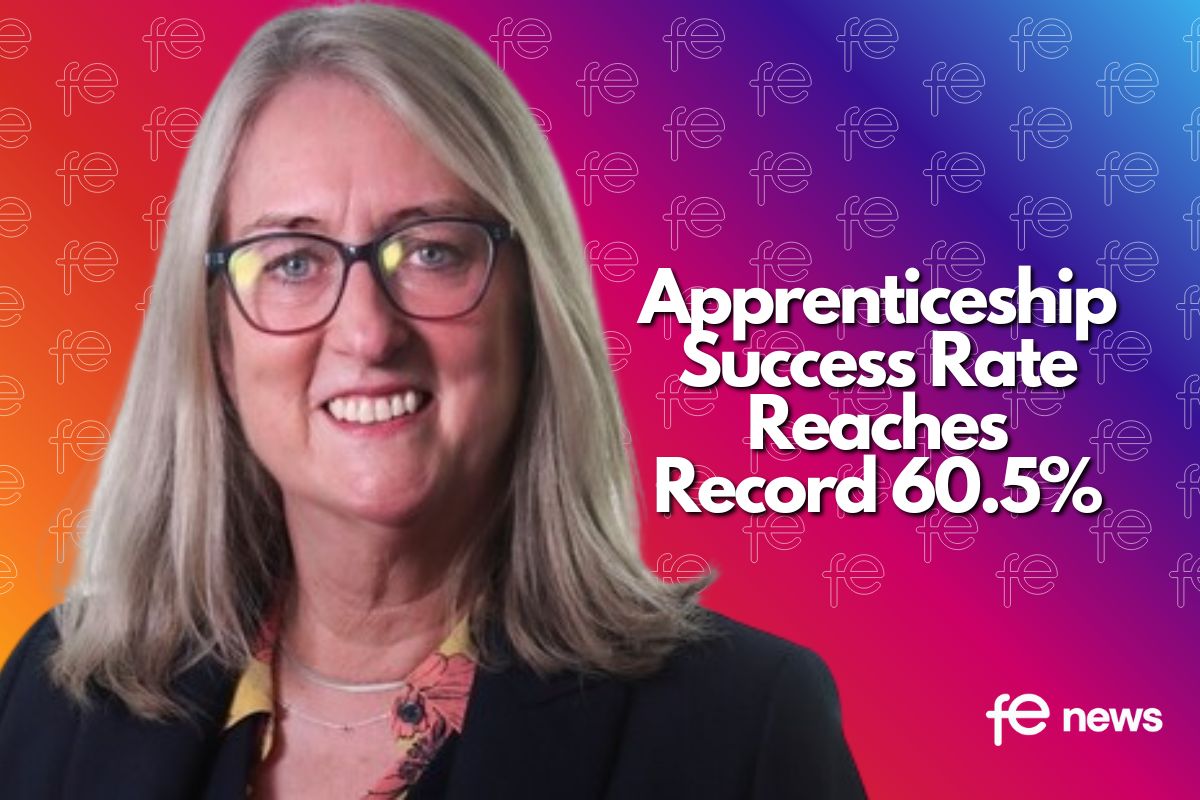How will new Government Watchdog help put University finances on a stable footing?

- Education Secretary Bridget Phillipson has appointed Sir David Behan as interim Office for Students (OfS) chair to implement recommendations from his review, which is published today, and improve the financial security of higher education providers
- Higher Education (Freedom of Speech) Act 2023 stopped following concerns raised by vulnerable groups and Jewish students
- Stronger protections around NDA use in harassment and sexual misconduct cases
The role of the Office for Students will be refocussed to prioritise the financial stability of the higher education sector and deliver better quality and outcomes for students, the government has announced today (Friday 26 July).
Analysis from the Office for Students earlier this year showed increased financial challenges for the sector, with many institutions needing to make significant changes to their funding model to avoid facing a material risk of closure.
The OfS’ refreshed focus follows the publication of an independent report today – Fit for the Future: Higher Education Regulation Towards 2035 – which recommends that the regulator closely monitors the financial sustainability of all higher education providers.
The government has also appointed a new interim chair of the OfS, Sir David Behan, who will be tasked with ensuring that the regulator concentrates its efforts on these key priorities following the publication of his review into the organisation.
Under plans announced today, the Secretary of State for Education has also stopped the implementation of the Higher Education (Freedom of Speech) Act 2023 and re-affirmed the government’s firm commitment to freedom of speech, with universities expected to deliver on their duty to protect it. The Education Secretary will consider options for the Act in the long term, including repeal.
The move to stop implementing the Act reflects widespread concern that the legislation is disproportionate, burdensome and damaging to the welfare of students while not addressing hate speech on campuses.
The new rules would have exposed higher education providers to costly legal action that would impact teaching and learning. Groups representing Jewish students have also expressed concerns that sanctions could lead to providers overlooking the safety and well-being of minority groups.
Education Secretary Bridget Phillipson said:
“For too long, universities have been a political battlefield and treated with contempt, rather than as a public good, distracting people from the core issues they face. The steps announced today will sharpen the focus of the Office for Students, with greater emphasis on ensuring the financial stability of the sector.
“We are absolutely committed to freedom of speech and academic freedom, but the Free Speech Act introduced last year is not fit for purpose and risked imposing serious burdens on our world class universities.
“This legislation could expose students to harm and appalling hate speech on campuses. That is why I have quickly ordered this legislation to be stopped so that we can take a view on next steps and protect everyone’s best interests, working closely with a refocussed Office for Students.”
Phil Rosenberg, President of the Board of Deputies of British Jews, said:
“We welcome the Secretary of State’s decision to halt the implementation of the Higher Education (Freedom of Speech) Act, pending consideration of repeal.
“The Union of Jewish Students has been clear that the act, while well-intentioned, risked enabling antisemitic extremists to access university campuses by severely impacting the ability of universities to block their presence – we strongly support UJS’s concerns and reflected this in our Jewish Manifesto for the 2024 General Election.
“This halt will enable the government to consider how to ensure that freedom of speech is protected without allowing free rein to purveyors of hate speech.”
Additionally, the OfS plans to introduce strengthened protections for students facing harassment and sexual misconduct, including relating to the use of NDAs in such cases by universities.
The Fit for the Future: Higher Education Regulation Towards 2035 report published today finds that the case for bold regulation of higher education is clear and that the OfS should concentrate on four key priorities in the short term: monitoring financial sustainability, ensuring quality, protecting the public money and acting in the interests of students.
The government accepts his core recommendations, recognising that strong regulation is crucial to ensuring a stable future for the UK’s world-leading higher education sector, which is a key engine at the heart of growth plans.
Sir David said the OfS and the government should work together to manage financial sustainability, sharing intelligence and data proactively to protect students. He has also recommended the OfS introduce an integrated assessment of quality, creating a regulatory model that incentivises ongoing improvement for all students, and that the body is given consumer protection powers in order to defend students’ interests.
Sir David Behan said:
“It has been a privilege to lead the review of the OfS and I now look forward to delivering the changes the review recommends, importantly financial sustainability, quality, student interest and value for money.”
A spokesperson for Universities UK said:
“Sir David Behan’s review is thorough and we welcome many of its recommendations. Its findings underline the importance of an independent regulator for higher education in England and the need for a focus on the financial sustainability of the sector.
“This will continue to strengthen the sector’s relationship with the OfS and ultimately help deliver better outcomes for students. We have already observed an improvement in the OfS’s relationship with the sector and this review will help consolidate this.
“We look forward to working closely with both the Department for Education and the Office for Students in the coming months.”
The higher education sector is encouraged to engage proactively with the OfS to help shape future regulation as the government seeks to build a balanced and sustainable funding model, fostering a more inclusive and resilient higher education sector that benefits all students.
Sector Reactions
Saranya Thambirajah, NUS UK Vice President Liberation and Equality said:
“The government told us that the culture wars were over – and now they’re taking action to prove it. We’re delighted that the Secretary of State has actually listened to students – and in particular to Jewish students – on the Freedom of Speech Act.
Students have been calling for the dangerous ‘culture wars legislation’ imposed by the previous government to be scrapped. Many of us were truly dreading the impact this Act would have, serving to further divide our campuses and put marginalised student communities further at risk. The government has sent a clear message that they won’t be playing politics with either free speech or hate speech. We absolutely love to see it. Unis can now be confident in tackling hate speech.”
Susan Lapworth, chief executive of the OfS, said:
“We are very much looking forward to working with Sir David at this important time for higher education. His experience and leadership will be invaluable to the OfS as we embark on the next phase of the organisation’s development.
“I welcome the publication of Sir David’s review, and the thoughtful conclusions and recommendations in his report. Students and colleagues from across the higher education sector found time to speak with him during the review and their important perspectives are reflected in his report and its proposals.
“The review highlights a range of important areas – including the financial sustainability of the sector – that the OfS will continue to prioritise. More generally, the report will prompt reflection for government, the sector, and the OfS. It sets out areas in which the OfS can, and will, continue to improve. It also recognises the significant steps we have taken over recent months. We continue to work hard to improve our engagement with the institutions we regulate, to ensure that trust-based relationships can underpin effective regulation. And we are developing our understanding of the things that matter to students, and how their perspectives can inform our work, as we develop our new strategy.
“We are committed to working collaboratively with students and institutions as we develop our shared vision for the regulation of our important sector.”
The government has also announced today that it will stop the implementation of the Higher Education (Freedom of Speech) Act 2023.
Susan Lapworth said:
“We are ready to support ministers as they consider the approach they want to take to securing free speech and academic freedom in higher education. In the meantime, we will continue to work with institutions as they discharge their long-standing obligations in this area.”











Responses